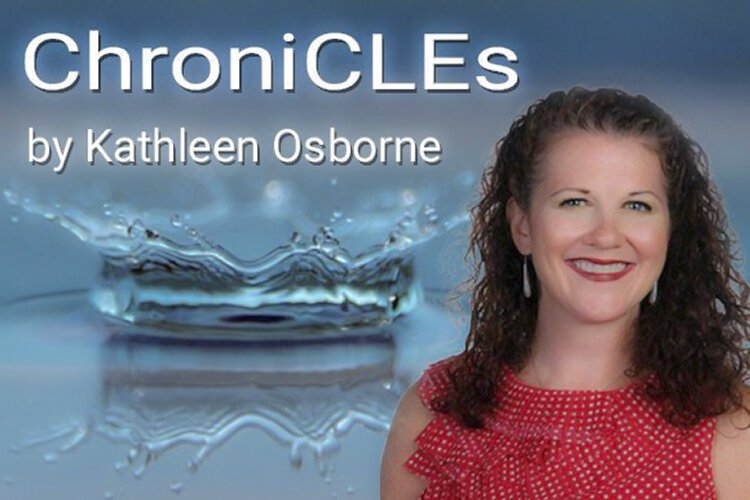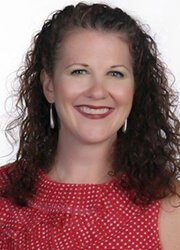It’s time to speak up. And to listen.

It’s a strange thing to be given the challenge to write a weekly column at this time.
A week ago, everything was ground to a halt, then many of our cities became battlegrounds.
What do I say about the casual denial of humanity that would allow a police officer to feel comfortable enough to kneel on the neck of a man in cuffs in the middle of the street in broad daylight?
What new point of view can I articulate about a white woman theatrically feigning terror on a 9-1-1 call because a black man had the audacity to ask her to put her dog on a leash so he could protect the birds he was watching in the park?
How do I talk about people storming statehouses—guns in tow—insisting their liberties have been violated by being asked to wear face masks so they don’t infect other people with a deadly virus?
And what observations can I make about those same people being horrified and scandalized that black people and allies would take to the streets because their liberty has been systematically denied for hundreds of years?
Is it even my place to opine about storefronts in downtown Cleveland being destroyed?
To remark on how incredibly jarring and heartbreaking and eye-opening and terrifying it is to see parts of the city—my home—shattered and burned and defaced?
It’s a strange thing to be given the challenge to write a weekly column at this time.
All of us are stuck in our homes, feeling helpless and scared and separated from our support networks.
But I have been given a platform.
So, I have an obligation to use it.
My son is in Columbus, about to begin work on a master’s degree in social work. He is a staunch advocate for equality and justice. When I saw that police there were firing wooden pellets and pepper spray into crowds of people protesting the killing of George Floyd, I called him.
He did not answer his phone on the first, fourth, or eighth try. In my mind, I could see him out on the streets, caught up in the melee. I was terrified.
Turns out he was at home. He just had his phone on his nightstand, with the ringer turned off.
I would not wish that kind of fear on any mother. And it only lasted for about 30 minutes.
But black mothers tell us they feel that kind of fear all day, every day when their sons leave home.
We must believe them.
We can see with our own eyes that these women’s sons are in far more danger just by walking out their front doors than my son will ever be.
It’s graduation season and we’ve heard lots of calls for the young people to make the world a better place, to stand up for what they believe in, and to seek change.
Why then was I so afraid that my son was out in the streets doing exactly what we’ve been telling his generation to do?
I can understand where the violence that accompanies these protests comes from.
But I know that I don’t want my kid to get hurt by it. I don’t want anybody’s kids to get hurt.
My daughter graduated from high school last week. Of course, I worry about launching her into the next chapter of her life, out from under my watchful eye.
But the kid I'm sending out there is white.
She's going to be just fine.
Everybody should feel the contentment I felt when she received her diploma. The contentment of a job well done.
The contentment of knowing that if anything happened to me, my child would be perfectly fine on her own.
Because the world will look out for her.
Because people don’t see her as a threat.
Because they wouldn't call the cops on her for walking down the street after dark.
Or wearing a hoodie. Or laughing too loud. Or making a mistake. Or watching the birds in the park.
While we're imploring these kids to go out there and change the state of things, we need to remember that it's not their responsibility alone.
We have voices too.
But even more importantly: We have ears.
It’s time we started listening to—and believing—each other.
We may all live in America, but we also live in different worlds.
We know that things have to change. But they’re not going to change on their own.
It will take action and compassion and allyship and advocacy and amplification of perspectives—all of these often overlooked.
It will take all of us coming together and speaking up and speaking out and standing up and truly paying attention to what our friends and neighbors are telling us.
And then doing something about it.
It’s a strange thing to be given the challenge to write a weekly column at this time.
It’s a stranger thing to realize that you could have been using your voice all along, but you were too scared to do it.
And when you thought you were listening, you weren’t really hearing at all.
That changes now.

About the Author: Kathleen Osborne
Kathleen Osborne is the mother of three children who now are legally considered adults, although she has trouble assigning that label to herself. She is the marketing and communication director at Hathaway Brown School, where she’s inspired by creative, smart, and confident girls every day.
